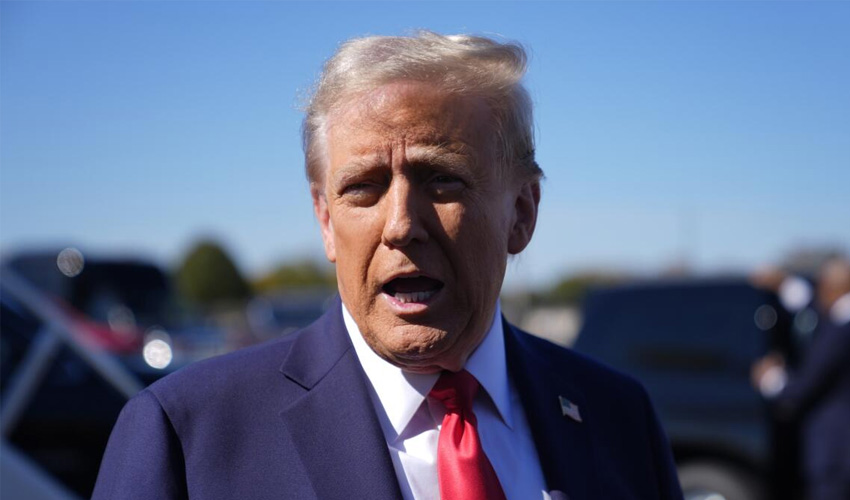The federal government announced on Wednesday an increase in the prices of 146 critical life-saving medicines.
The decision, conveyed through a drug price hike notification, primarily targets essential medications crucial for treating conditions such as cancer, vaccines, and antibiotics.
Health Ministry officials have disclosed that the move follows a recommendation from the Drug Regulatory Authority, which proposed an increase in the prices of 262 medicines. However, the government has opted to implement adjustments exclusively for 146 medicines vital for saving lives.
Of the medicines listed for price increments, 116 are slated for price adjustments to be executed by pharmaceutical companies themselves.
Notably, the government will now exercise control over the prices of 464 medicines featured in the National Essential Medicines List, ensuring that critical medications remain accessible to the populace.
In a bold policy shift, the government has deregulated drug prices, granting pharmaceutical companies the autonomy to independently raise prices. This move underscores a paradigm shift in the governance of pharmaceutical pricing, potentially reshaping the dynamics of the healthcare industry.
As stakeholders digest the implications of these changes, concerns over affordability and access to life-saving medications loom large. While the government aims to strike a balance between ensuring the viability of pharmaceutical companies and safeguarding public health interests, the repercussions of these adjustments remain subject to scrutiny and debate.



























